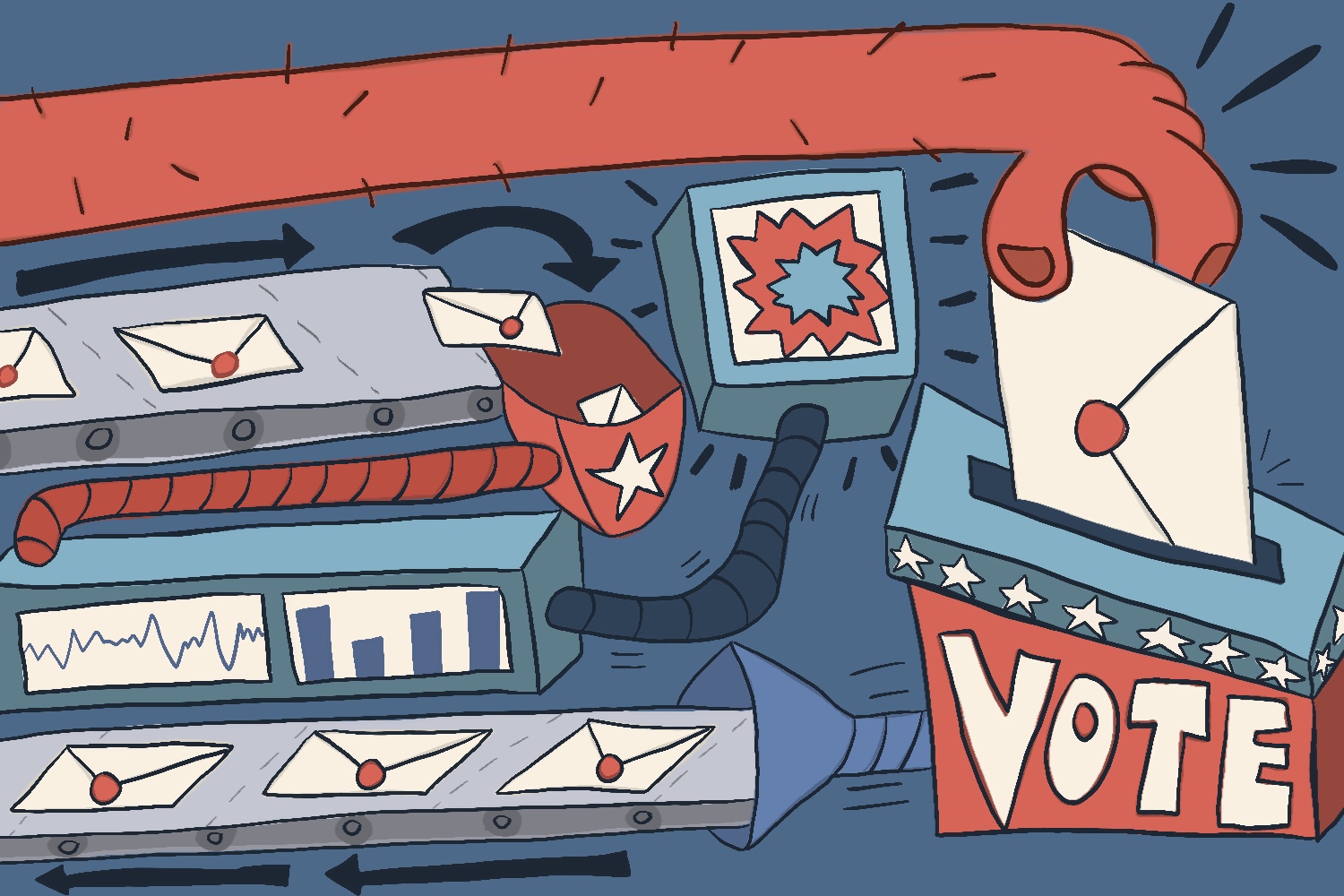It was like “going back into hell,” confessed Major General Romeo Dallaire, United Nations Force Commander of the Rwandan peacekeeping mission. The Generals’ journey back to Rwanda ten years after the genocide was depicted in the Thinktank Film: “Shake Hands with the Devil.” Dallaire explains the horror of “witnessing the mass slaughter of human beings,” and describes the profound effects the experience had on his life. He is still haunted by ‘slow-motion’ images to this day, and cites his return to Rwanda as a “crucial part of his therapy.” Romeo Dallaire was “very excited” to be chosen as the first Canadian commander of an African peacekeeping mission in late 1993. He was given minimal briefing by the UN on the political and ethnic problems in Rwanda. “The UN at the time was working like it was held together with string and tape,” Dallaire later claimed. Upon arrival, Dallaire realized that the newly signed Arusha Peace Agreement between the Hutu government and Tutsi rebels did not guarantee peace. Rwandan citizens knew the bloody civil war was going to continue. “I was scared shitless,” Dallaire remembered of his initial days in Rwanda. Though earlier Belgian and French reports “predicted an apocalypse” the UN was confident that it would be a straightforward peacekeeping mission. On January 11, 1994, an informant told Dallaire to “prepare for an extermination.” From there, everything went downhill. Dallaire and his troops made plans to stop the Hutu’s actions, but the UN told him no. “I felt chopped at the knees” Dallaire commented. If they weren’t going allow us to take action, “those bastards should have pulled us out.” The Rwandan Presidents’ plane was shot down in early April, which led to total government collapse. Hell broke loose in the capital, Kigali. “It was an extremely well planned and well executed attack on Hutu Moderates and Tutsis” notes the film. Over the next 100 days, Hutu extremists murdered over 800,000 people. Dallaire felt completely abandoned by the UN. He was not given the mandate to take any action other than self-defense. Three days into the genocide twenty-five hundred troops arrived to rescue Ex-Pats, but not to help Dallaire’s mission. Hundreds of Rwandans begged troops for assistance, to no avail. It makes you wonder, Dallaire questioned, “Are all humans human?” “Africa didn’t count anymore” the film declares, “The rest of the world just wrote it off.” Though Dallaire has been blaming himself for years, he does point to other people who could have stopped the genocide. The Catholic Church has a huge influence in Rwanda, and they could have said, “it is a sin to kill Tutsis.” Dallaire also says that the Belgian Governments’ decision to put ethnicity on Rwandan ID cards played a large part in the genocide. Asked why he stayed through the unstoppable genocide, Dallaire admits, “I couldn’t accept that I was going to be defeated.” The killing continued through May, and Dallaire and his 450 remaining troops hid out in the UN headquarters. “People cared more about OJ’s gloves than Rwanda,” the film remarks. Throughout the mission Dallaire spoke frankly to the media in an attempt to get the word out to the world. He knew that if he stayed, at least he could be a witness and tell what he saw. After returning home, the General became suicidal and turned to drinking. “I couldn’t sleep…I couldn’t stand the loudness of silence.” He finally decided to seek help, and thus create a film about his return to Rwanda for the 10th anniversary. Following the STAND and Department of Student Life sponsored film, genocide survivor and African Grammy Winner Jean Paul Samputu spoke. When Samputu found out he had lost his mother, father, three brothers, and sister in the genocide, he literally “lost his mind.” He was traumatized but eventually found peace and forgiveness through music. He told the UVM audience on Wednesday night, “Be an example and do the right thing.” “Just having me speak is helping, by sharing our story” he explained. Children are the future so they must be taught to promote peace and acceptance. He blames the genocide in Rwanda and the ongoing genocide in Sudan on “a lack of education and understanding of other people.” He declared, “It’s happening now. Genocide is happening now in Darfur.” When asked what can be done to help, he said people must “make sacrifices, talk, write about it, communicate, and educate.” The key principle, he repeated, is “when you forgive, you are free.” STAND, Students Taking Action Now Darfur is UVM group which works to raise awareness, funds, and political action on genocide in Sudan. They meet every Tuesday night in Lafayette room 207 at 8pm. Check out their work at www.standnow.org












